Have you ever met someone who seems to easily manipulate people and situations in their favor? These individuals may exhibit Machiavellian personality traits, fascinating and often misunderstood traits that have intrigued psychologists, philosophers, and scholars for centuries.
Today, let us explore what is a Machiavellian personality and what are the traits of Machiavellian personality disorder. So, buckle up and embark on a journey to unravel the enigma of Machiavellianism.
What is a Machiavellian Personality?
Machiavellian personality disorder refers to a set of behavioral patterns and psychological traits marked by –
- Cunningness
- Interpersonal manipulation
- A strategic approach to social interactions
- Achieving one’s goals through underhanded means
Machiavellian individuals are often driven by self-interest, and willing to use any means necessary to achieve their goals. It is also related to specific patterns of social and emotional cognition skills.
Named after Niccolò Machiavelli, a renowned Italian philosopher and political strategist from the Renaissance era, Machiavellianism gained prominence through his seminal work, “The Prince.”
Researchers of Machiavellianism in psychology claim that individuals who exhibit high levels of Machiavellianism are highly manipulative and use flattery and deceit. They also have adopted aloof, cynical, and traditionally amoral viewpoints to facilitate their own interests and goals.
“It seems natural to assume that Machiavellian individuals can easily read the minds of others and understand social situations which they can successfully manipulate in the service of their own intrinsic motivations,” add the researchers.
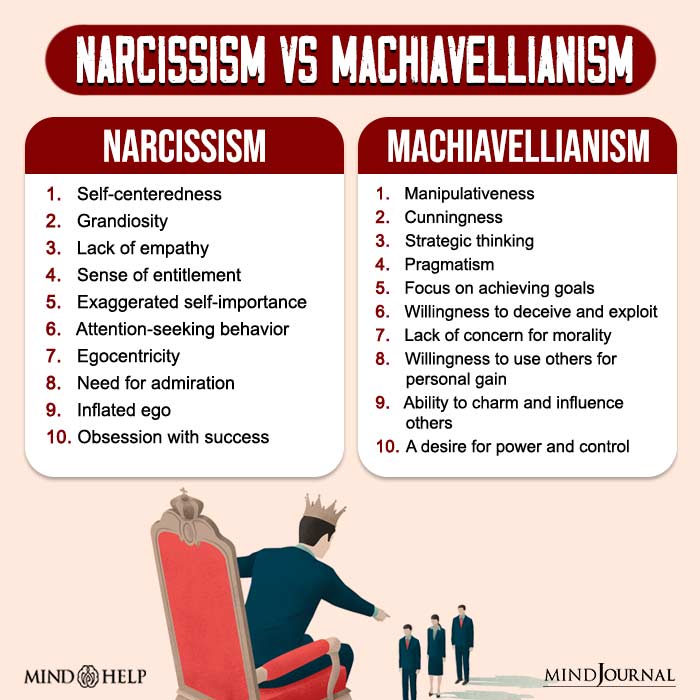
What Causes Machiavellian Personality?
Understanding the causes of Machiavellian personality is particularly important in understanding its development. There are several factors that might contribute to the emergence of Machiavellian personality traits:
1. Early Life Experiences
Early life experiences such as neglect, abuse, or inconsistent parenting can mold one’s worldview and influence the development of Machiavellianism in them. Growing up in an environment of lack of trust may push people to adopt manipulative strategies for survival.
2. Socialization and Role Models
When one observes influential individuals depicting Machiavellian behaviors, like family members, friends, or even public figures, they tend to accept it as normal. Personality development depends heavily on socialization and contact with role models who demonstrate Machiavellian tendencies.
3. Environmental Factors
According to Machiavellianism in psychology, societal and cultural factors play a crucial role in the development of Machiavellian personality traits. Competitive environments that reward manipulative behavior may motivate some people to adopt Machiavellian tactics to succeed.
8 Machiavellian Personality Traits You Must Know About
Let us now examine the defining characteristics of Machiavellian individuals. Though not all who have these traits are innately “evil”, understanding these characteristics can help to explain their motives and actions.
1. Manipulation
One core feature of Machiavellianism is being able to manipulate others. Cunningly skilled in altering other people’s thoughts, emotions, and behaviors towards oneself is a strength for a Machiavellian person.
They often use techniques such as deception, flattery, and strategic alliances to gain an advantage.
2. Strategic Thinking
What distinguishes people with Machiavellian personality disorder from others is their excellent strategic thinking skills. They are highly proficient at analyzing complex social situations, discerning potential power dynamics, and developing plans that will help them achieve their goals. Their decisions are based on rational judgments rather than emotional reactions.
3. Lack of Empathy
Most people with Machiavellian tendencies lack empathy – the ability to understand or share another person’s feelings. They prioritize their own needs and goals above others, making it easier for them to exploit and manipulate without remorse.
4. Pragmatism
The approach used by the Machiavellian individuals is highly pragmatic. What counts most is practicality and efficacy rather than morality or ethics. They are willing to modify their strategies and principles according to the situation at hand, often blurring the lines between right and wrong.
Related: The Dark Triad: How To Protect Yourself From The 3 Most Dangerous Personalities
5. Long-Term Orientation
Machiavellian individuals tend to have a long-term orientation, focusing on the achievement of their goals in the long run rather than immediate gratification. They are willing to play the long game, patiently strategizing and manipulating circumstances to ensure success in the future.
6. High Self-Confidence
High levels of self-confidence characterize most machiavellians. They are confident in their ability to handle intricate social dynamics and overcome any obstacles that come their way.
This self-assurance contributes to their persuasive abilities and enables them to project a charismatic persona. This is one of the most common Machiavellian personality traits.
7. Strategic Networking
Machiavellian individuals excel at strategically forming and maintaining networks of relationships. They smartly build connections with influential individuals to enhance their social status and gain access to valuable resources and opportunities.
8. Emotional Detachment
Machiavellian individuals often display emotional detachment, distancing themselves from personal emotions and attachments that may hinder their strategic decision-making. This detachment allows them to make rational choices without being swayed by their feelings.
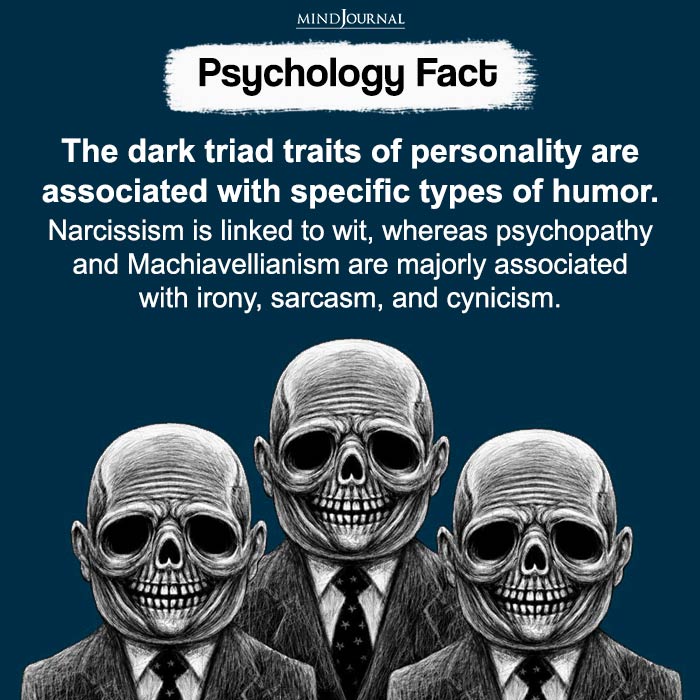
What Machiavellianism in Relationships Look Like
In relationships, Machiavellianism manifests as a strategic approach to interactions, driven by self-interest and manipulation. Machiavellian individuals may employ tactics such as deception, manipulation, and emotional exploitation to gain power, control, or personal advantage within the relationship.
They prioritize their own needs and goals above their partner’s well-being, often lacking empathy and disregarding the impact of their actions on the relationship dynamics.
Machiavellianism in relationships can lead to imbalance, trust issues, and emotional harm for the partner involved. This occurs because the Machiavellian individual focuses on maintaining dominance and fulfilling personal agendas rather than fostering a healthy, mutually supportive partnership.
Related: How To Manage Your Dark Side – 10 Tips To Embrace Your Shadow Self
Takeaway
Machiavellian personality traits have fascinated researchers for decades, offering insights into human behavior and social dynamics.
While Machiavellian individuals may seem enigmatic and potentially threatening, understanding the underlying causes and psychological mechanisms behind their behavior can foster a deeper comprehension of human nature.
Remember, not everyone with Machiavellian traits is inherently malevolent. Recognizing these characteristics can empower us to navigate the complexities of interpersonal relationships more effectively.
Frequently Asked Questions (FAQs):
How can you tell if someone is Machiavellian?
Machiavellian individuals exhibit traits like manipulation, deceit, and exploitation for personal gain, and lack empathy or remorse.
What are Machiavellian qualities?
Machiavellian qualities include manipulation, cunningness, strategic thinking, and a focus on self-interest above morality.
Is Machiavellian a mental illness?
Machiavellianism is not officially recognized as a mental illness. However, it is a personality trait characterized by manipulation and strategic behavior.
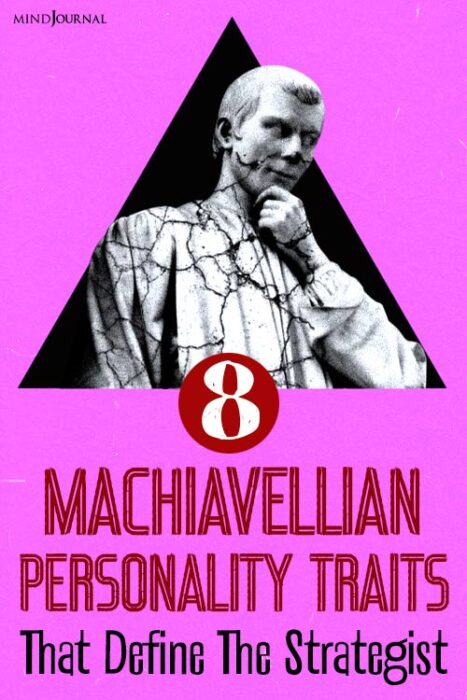
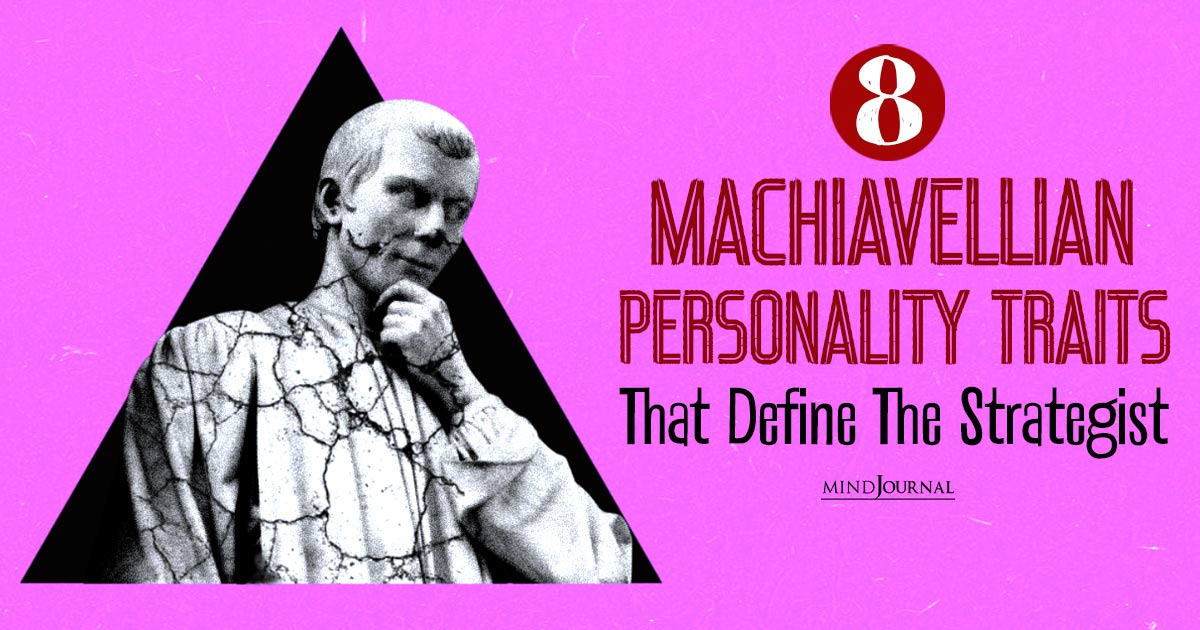
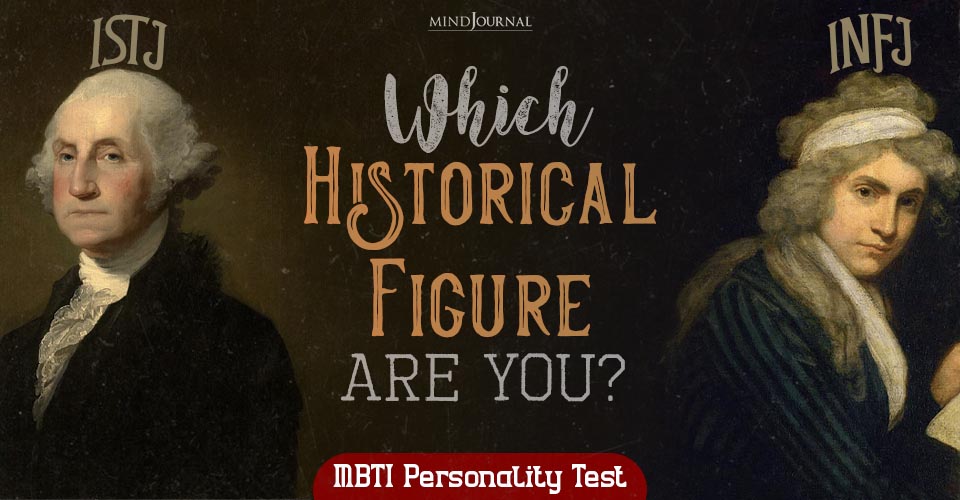
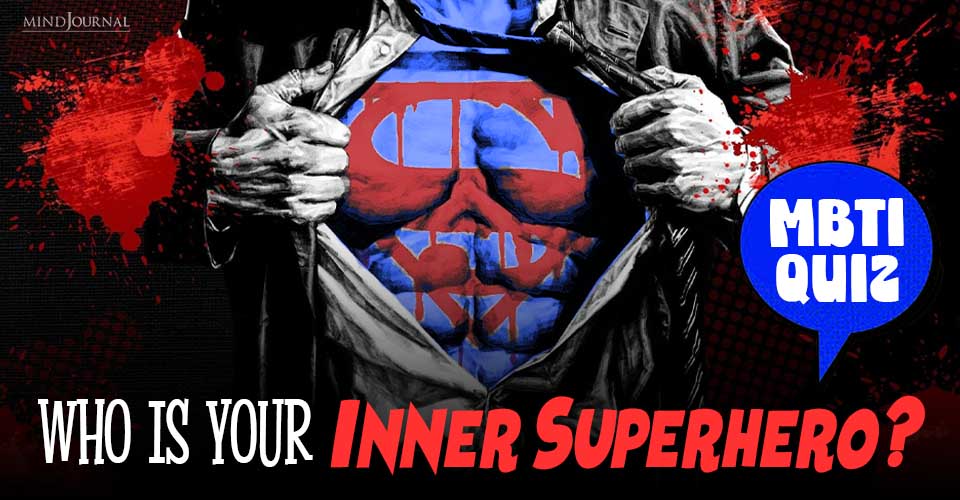
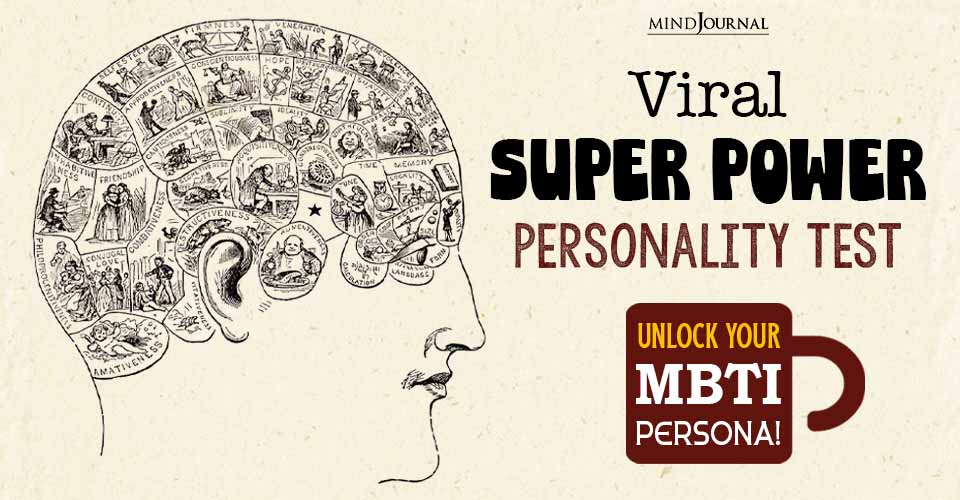




Leave a Reply
You must be logged in to post a comment.